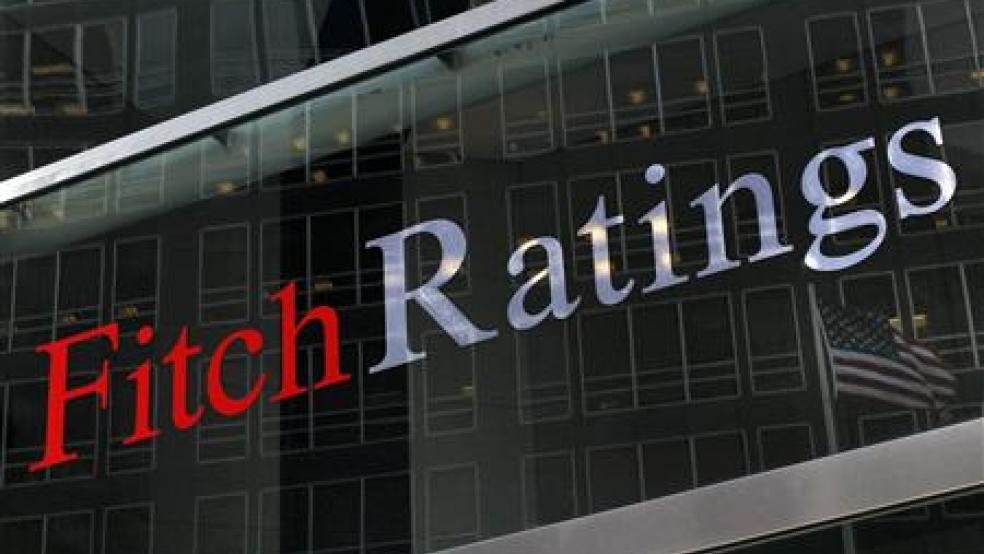Fitch Ratings, one of the three major firms that grade sovereign debt, announced late Wednesday that the United States’ perfect AAA credit rating is now at risk due to the ongoing political battle over the debt ceiling, which is raising the odds that the Treasury could miss payments on some of its obligations. The agency said U.S. credit is now “rating watch negative,” signaling that Fitch could reduce the country’s bond rating if lawmakers fail to act in time to address the debt limit.
“The Rating Watch Negative reflects increased political partisanship that is hindering reaching a resolution to raise or suspend the debt limit despite the fast-approaching x date (when the U.S. Treasury exhausts its cash position and capacity for extraordinary measures without incurring new debt),” Fitch said.
A deterioration in governance and a growing debt load also weigh on the U.S. rating, Fitch added.
The rating agency said it thinks that lawmakers will act in time to avoid a default. Even so, it warned that failing to raise the debt ceiling by the X date “would be a negative signal of the broader governance and willingness of the U.S. to honor its obligations in a timely fashion, which would be unlikely to be consistent with a 'AAA' rating.”
Using a workaround to avoid defaulting on debt payments, such as invoking the 14th Amendment or minting a trillion-dollar coin, would also likely be problematic, Fitch said, and could cause a rating downgrade.
The Treasury Department said the potential downgrade shows just how important it is for lawmakers to resolve the issue quickly. “As Secretary Yellen has warned for months, brinkmanship over the debt limit does serious harm to businesses and American families, raises short-term borrowing costs for taxpayers, and threatens the credit rating of the United States,” a Treasury spokesperson said in a statement.
Joseph Brusuelas, chief economist at the consulting firm RSM, warned that the debt ceiling showdown was already imposing an economic cost, just as a similar battle did in 2011, even though there was ultimately no default. “The longer this episode continues, the greater the risk that the global reserve status of the U.S. dollar will be put in danger,” he wrote Thursday. “Like the 2011 debt ceiling debacle, equity valuations that underscore American households’ retirement accounts will suffer while corporate and consumer confidence will almost surely decline. All of these factors will create an adverse wealth effect that will show up on growth in the second half of the year.”
Brusuelas called on lawmakers to end what is essentially a political battle. “This is an artificial crisis that has nothing to do with the underlying health of the American economy, excessive imbalances or malinvestment within financial markets or the security of the country,” he said. “It is time to bring it to an end.”




